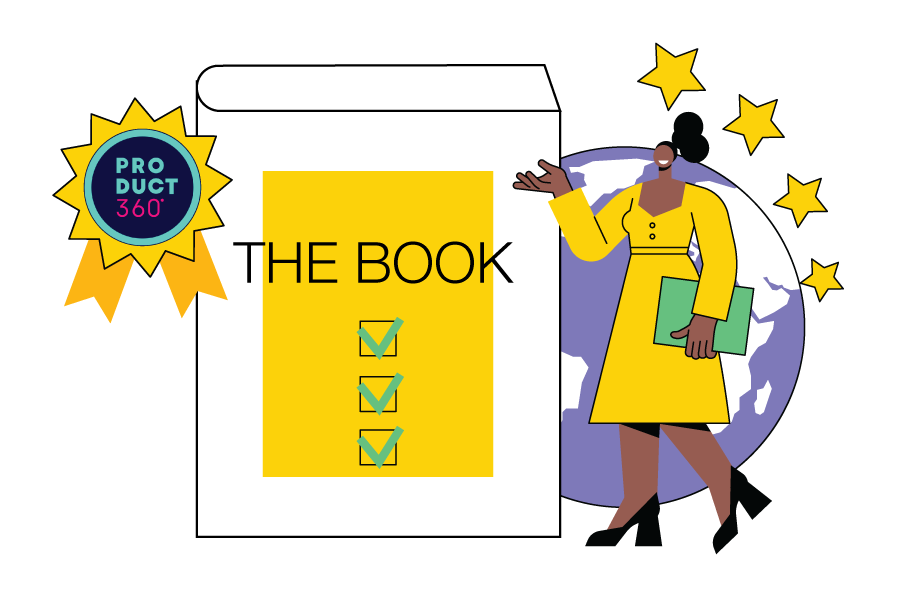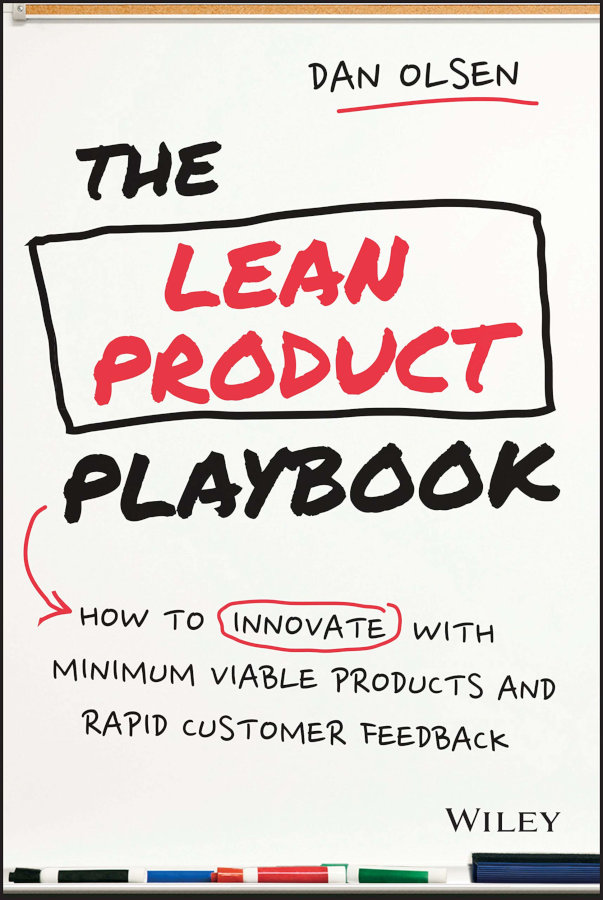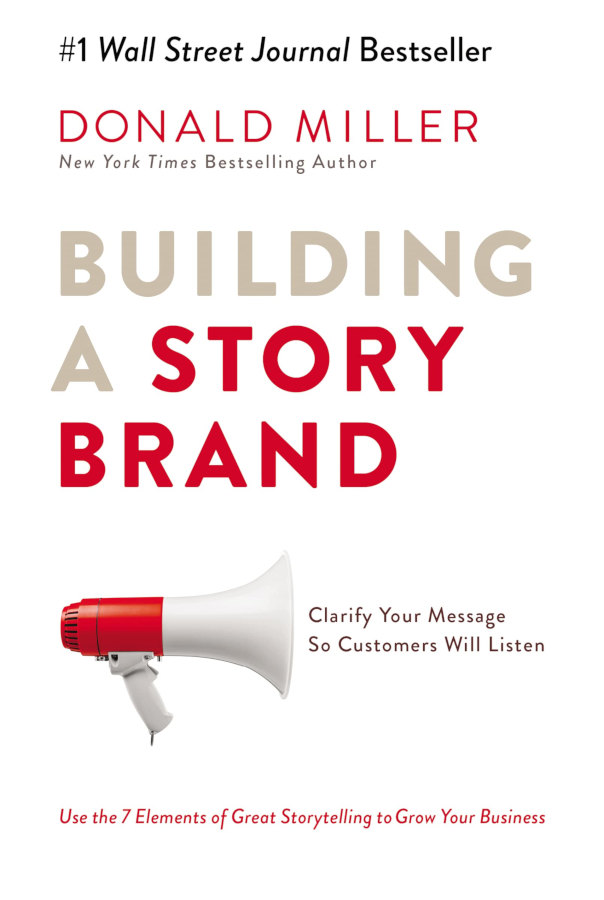“You can’t really know anything if you just remember isolated facts. If the facts don’t hang together on a latticework of theory, you don’t have them in a usable form. You’ve got to have models in your head.”
– Charlie Munger, investor, vice chairman of Berkshire Hathaway
The world’s greatest problem-solvers, forecasters, and decision-makers all rely on a set of frameworks and shortcuts that help them cut through complexity and separate good ideas from bad ones. They’re called mental models, and you can find them in dense textbooks on psychology, physics, economics, and more.
Or, you can just read Super Thinking, a fun, illustrated guide to every mental model you could possibly need. How can mental models help you? Well, here are just a few examples…
• If you’ve ever been overwhelmed by a to-do list that’s grown too long, maybe you need the Eisenhower Decision Matrix to help you prioritize.
• Use the 5 Whys model to better understand people’s motivations or get to the root cause of a problem.
• Before concluding that your colleague who messes up your projects is out to sabotage you, consider Hanlon’s Razor for an alternative explanation.
• Ever sat through a bad movie just because you paid a lot for the ticket? You might be falling prey to Sunk Cost Fallacy.
• Set up Forcing Functions, like standing meeting or deadlines, to help grease the wheels for changes you want to occur.
So, the next time you find yourself faced with a difficult decision or just trying to understand a complex situation, let Super Thinking upgrade your brain with mental models.
Note: in the US the subtitle is The Big Book of Mental Models and outside it is Upgrade Your Reasoning and Make Better Decisions with Mental Models.
Authors: Gabriel Weinberg & Lauren McCann
Find it here (not an affiliate link) or on any other bookstore
Keep on reading...

Maximizing ROAS Through Measurable Marketing: A Guide for Small Business Owners
Maximizing ROAS through measurable marketing is not just about spending more but spending smarter. By avoiding common mistakes, debunking myths,

Riding the Pros and Cons of Integrating ERP Systems with E-commerce Platforms
ERP e-commerce integration refers to the process of connecting an e-commerce platform (e.g. WooCommerce) with an ERP system. This allows




